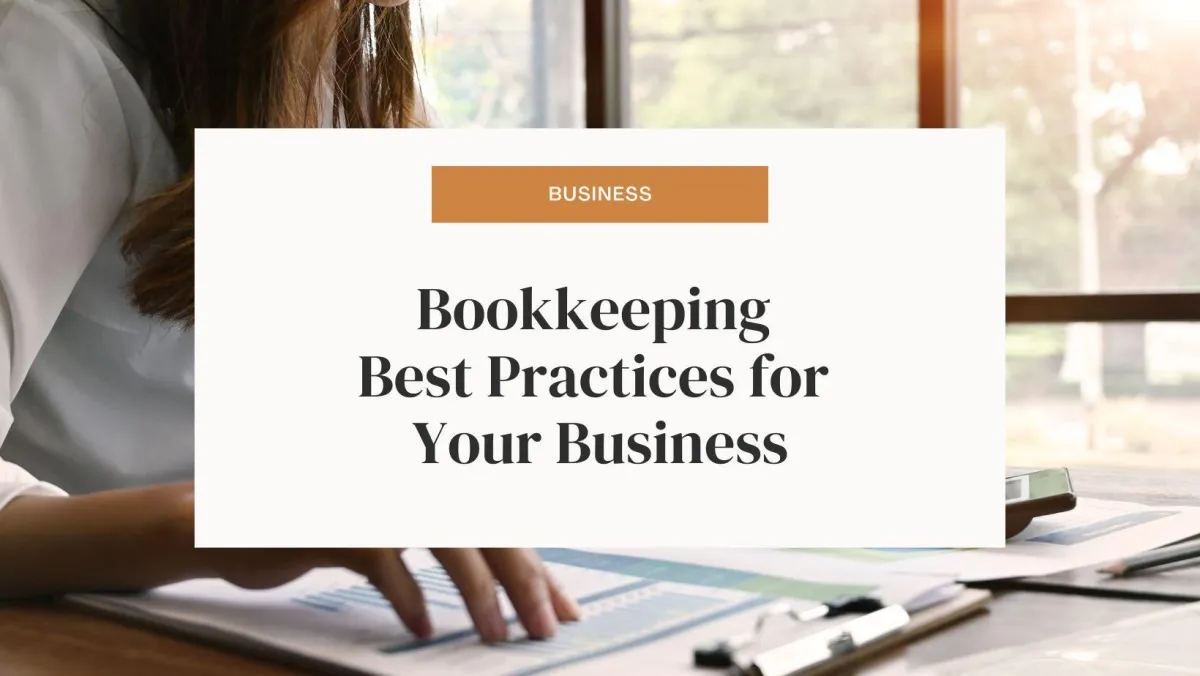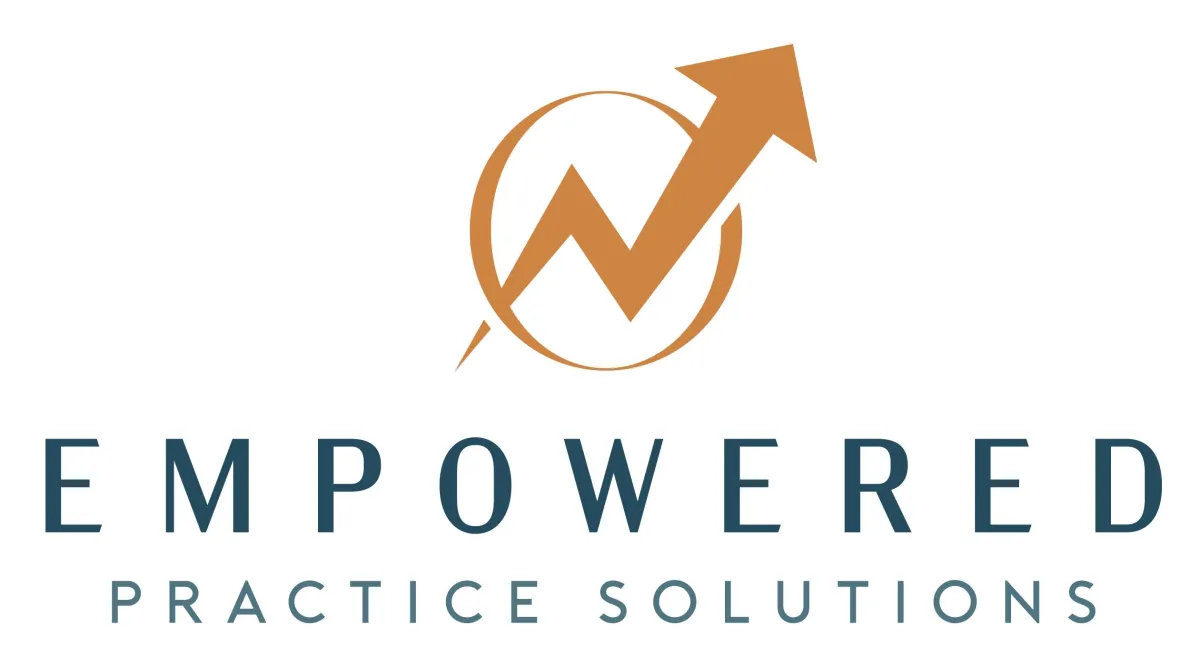
Bookkeeping Best Practices for Your Business
“Accounting is the language of business.” - Warren Buffett
Introduction:
Bookkeeping can be a confusing aspect of running your own business, especially if you have never done bookkeeping procedures before. A few tips to implement into your bookkeeping routine includes separation of business and personal expenses, regular data entry, utilizing a software, planning for taxes and asking for help when needed. You won’t know how to do everything right away but follow these tips to get you started on the right path.

With that said, here are 5 tips on how to manage your business finances! 👊
1. Separate Business and Personal Expenses
The first bookkeeping best practice that is highly recommended for therapy and educational consulting businesses is to separate business and personal expenses. If you are a sole-proprietor or single-member LLC, you might not have a separate business Federal Identification Number or have a separate business bank account. The first thing you should do is setup a separate business bank account to effectively separate business and personal expenses. The comingling of business and personal expenses can lead to someone going after your personal assets if a lawsuit is filed. Keep clear records of what expenses are for your business and what expenses are personal. Only business expenses are tax deductible.
2. Enter Data Regularly
Another bookkeeping best practice to implement is regular data entry. If you decide to only enter transactions at the end of the month, you could risk losing checks or vendor invoices. This could lead to poor vendor and customer relationships, ultimately resulting in lost business or the inability to get necessary supplies. Further, entering data regularly can allow you to view reports in real-time and can lead to effective cash flow management policies. You will be able to make more informed decisions when your accounting data is entered accurately and is up to date. Knowing the amount of cash you have on hand is critical to ensure no overdrafts occur.
3. Use a Software
One item that can assist with regular data entry is the use of a software. There are many software programs out there, like QuickBooks. QuickBooks is among the top choice for many professionals because it can give you seamless integration of data from bank accounts and credit cards, the ability to view reports with ease and the option to upgrade the functions of the software as your business grows. QuickBooks has the ability to connect to your online bank or credit card to automatically import transactions, which takes a majority of the data entry out of bookkeeping. All you would need to do is review the data to be sure everything is accurate. Investing in a software might seem like a cost that can be avoided, but time is money, and your time can be better spent serving your clients.
4. Plan for Taxes
Once you have your bookkeeping method honed in, you will need to utilize the reports generated to effectively plan for taxes. Taxes for your therapy business can be confusing and are constantly changing based on your income levels. If you generate an unprecedented amount of income, you may need to pay in estimated taxes before the year is over. If required estimated taxes are not made, you can incur fines and penalties. When your bookkeeping is accurate and up to date, you will be able to make a tax projection which shows your estimated income through the end of the year. That number will then be used to determine if estimated tax payments are needed.
5. Ask for Help When Needed
All of these tips sound great, but if you are still confused, don’t be afraid to reach out to a professional to ask for help. One of the biggest mistakes businesses make is not asking for help when needed. You know how to best serve your clients and an accounting firm knows how to best serve you. Asking for help can save you money and time. Money can be saved by avoiding fines and penalties for late estimated tax filings. Your time can be spent serving existing clients or searching for new ones, while the accounting firm works behind the scenes to make sure the business aspect of your practice is running smoothly.
Summary
Consider implementing these best practices into your therapy business bookkeeping procedures. The separation of business and personal expenses and regular bookkeeping are the two most important items for your business. The IRS closely monitors small businesses to ensure eligible deductions, so be sure you don’t try and cheat the IRS. Starting your business off with sound bookkeeping policies will pay off the end through business growth and profitability.
AFFILIATE DISCLOSURE: We may recommend certain products or services other than our own. Empowered Practice Solutions only recommends products or services we ourselves use or have used in the past or present and all opinions expressed here are our own. Our website, www.empoweredpracticesolutions.com and this blog page may contain affiliate links, which means if you click on the link and sign up for a service we may earn a small commission, which is at no additional cost to you. We mention these affiliate products or services to you because we believe in them and want to help you improve your business journey in starting, maintaining, and growing your private practice or educational consulting firm. We will only ever recommend products or services we feel bring value to you.



Instagram
Facebook
LinkedIn
X
Youtube
TikTok